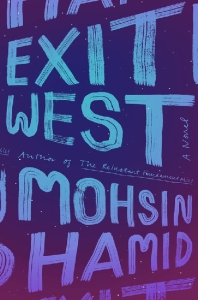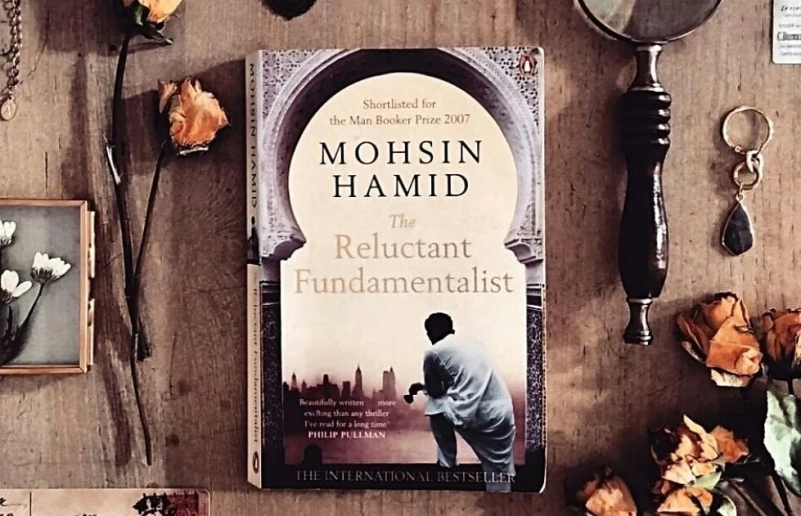 Mohsin Hamid’s second novel is out. It has made to several bestsellers’ lists and invokes a theme central to our times. I am posting a well written review by Mahi here that in spite of its subjectivity expresses the viewpoint of an intelligent and informed reader. This review was written exclusively for Jahane Rumi and therefore I am grateful to Mahi for this special gesture. Hope he continues to contribute here!
Mohsin Hamid’s second novel is out. It has made to several bestsellers’ lists and invokes a theme central to our times. I am posting a well written review by Mahi here that in spite of its subjectivity expresses the viewpoint of an intelligent and informed reader. This review was written exclusively for Jahane Rumi and therefore I am grateful to Mahi for this special gesture. Hope he continues to contribute here!
Book Review By Mahipal Reddy*
The title, with a play on the word Fundamentalist, is the high point of this book. The protagonist, Changez, earns a living in New York assessing fundamentals of companies, which he is increasingly reluctant to do, compelled by a growing affinity for his homeland Pakistan and under-attack neighbor, Afghanistan, in the aftermath of 9/11. The reluctance eventually prompts a return to Pakistan, where
Changez recounts his adult life to an American visitor.
The style of narration – a monologue – is a clever choice and one with the potential for a novel, satisfying reader experience. But the portrayal of the American man through quick references within the monologue exposes the limitations of this format. Additionally, the man is made visible only though stereo-typical cultural differences and tourist apprehensions, which lends a tone of condescension to the narrative. It may have been intentional, but seemed unnecessary.
The book suffers from an underlying lack of depth. The seminal phases of the story – Changez’s acceptance of American undergraduate life and the American dream, the slipping away of his never-truly-started love life with an American girl, his rapid disenchantment with America and its foreign policy excursions and his choice to move away from that life to Pakistan – take place without triggering a reflective commentary or insight from the author. In other words, the book remains a superficial story, even while the reader is expecting something more fundamental all the while. Is that the reader’s fault? Perhaps not.
Having approached the book with excited expectations, partly due to the title and partly the author’s background, I was disappointed. The title promised an insightful dance on the difficult subject of fundamentalism, with a certain gravitas, but it faltered to achieve this goal. In fact, one felt that the author did not attempt to delve further into the intent of the book’s catchy title. There are many specific instances of disappointment in addition to the overall reaction of one, but the one that qualifies for mention is the ending. Throughout the book, the author builds a theme of some impending finale/disaster, which never materializes. Clearly the author conveyed something in his mind, but it leaves the reader lost and wondering if the author pulled a prank.
To me this actually captures the essence of the book – promising much but delivering a insipid tale.
Language-wise, the book is obviously written in competent English, but one cannot say more. It is not a book you read to enjoy the medium, the skill of expression.
* Mahi set sail in India and is adrift in the US. He has traveled a little, lamented that he isn’t from Japan but hopes to get back to India in the near future. He likes to read but reads little. Enlightenment he waits for, convinced God can move faster than him.



